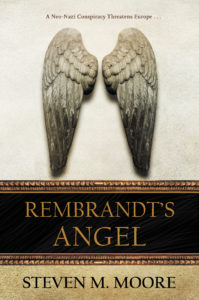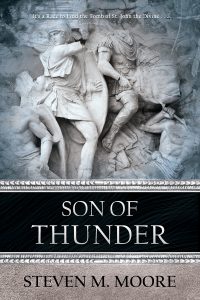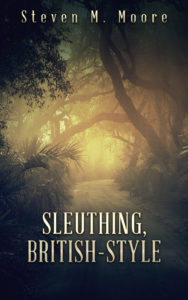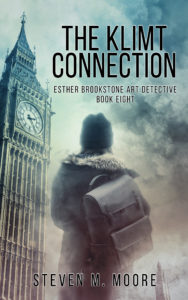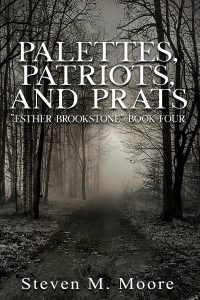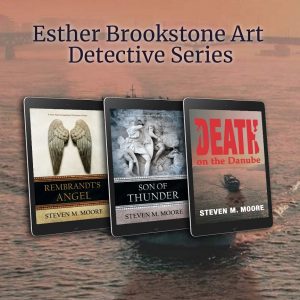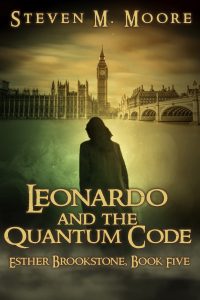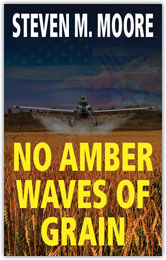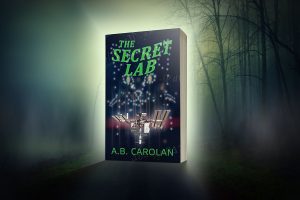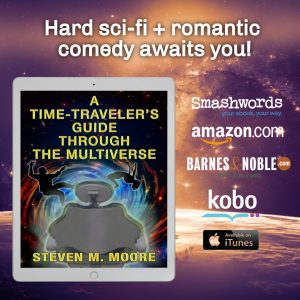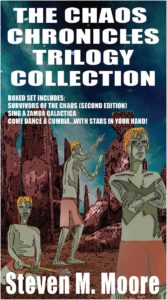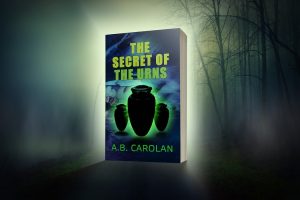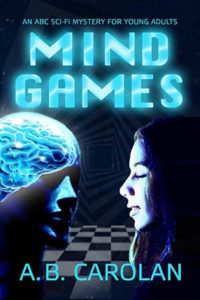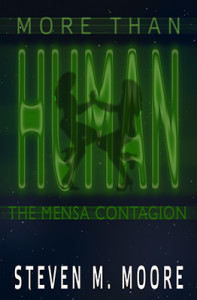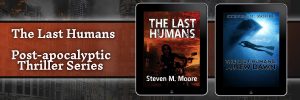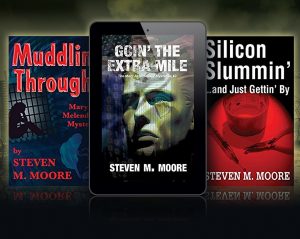Behind the times…
June 22nd, 2022I see more and more online retailers correctly sort novels into their respective series. B&N, for example, correctly grouped together all published versions of the “Esther Brookstone Art Detective” novels. (Two are free PDFs—see my “Free Stuff & Contests” web page—so no one could blame them for their omission.) Kudos to B&N!
I’ve observed that B&N is on the march. Under new management maybe? Their book barns are aging well, and people still flock to them as well as other mom & pop bookstores, as well as visiting other online retailers, giving Amazon the well-deserved finger. That’s fine with me. I only buy from Amazon when the book isn’t available anywhere else. (Unfortunately many self-published authors and small presses think that Amazon is the place to be. It isn’t.)
I’ve also boycotted Amazon for my newer publications as a writer. While the “Esther Brookstone” series’ first two novels were traditionally published (by Penmore Press), implying I had no control over where they’re sold, and the first novel in “The Last Humans” series was too (by Black Opal Books, now in its death throes) was too, the remaining novels in those series were self-published but not on Amazon (um, maybe Death on the Danube appeared there—I can’t remember). In any case, the published versions of the “Esther Brookstone” originating from various publishers must have made it difficult for B&N to group them…and they came through with flying colors without any intervention from yours truly! They also grouped together the two “Last Humans” novels, a test that Amazon’s bots (or big-bot Bezos?) completely flunked!
I’m happy to see online dealers grouping series’ novels together. That’s convenient for readers, and it’s logical in book marketing as well because readers like to read series in order, or at least know a book is part of a series. I doubt that brick and mortar bookstores, even B&N’s, manage that well. That might be mostly due to shelf-space limitations, and they’d certainly do better than Amazon, but I rarely see an entire series displayed. The last time I saw that was with the Harry Potter fantasy novels.
But everyone in the retail book business is far ahead of PR and marketing services! They either don’t know how to do it, or they just greedily want to maximize their profits, but they offer no marketing plans for series! Nada. Nil. Zilch. (I can name a few examples of famous offenders, if you’re an author and want to avoid them for that reason.) My series are either marketed online by retailers like B&N or via my own efforts at the end of my blog posts. That’s why I’m boycotting all PR and marketing services as well until they wise up. Until they offer such services, I’ll just have to consider them behind the times and useless for any author with one or more series!
***
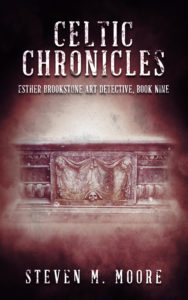 Comments are always welcome. (But please follow the rules on my “Join the Conversation” web page. If you don’t, your comment goes to the spam folder!)
Comments are always welcome. (But please follow the rules on my “Join the Conversation” web page. If you don’t, your comment goes to the spam folder!)
The “Esther Brookstone Art Detective” series. While Esther and hubby Bastiann have taken a well-deserved retirement, readers can still read about their adventures in the nine novels of the series. Many take place in the UK, of course, because it’s Esther’s home patch, but she also travels to Ireland, Scotland, and even to Peru, Norway, and Turkey as the series progresses. You don’t have to work as hard as the old girl, though. You can enjoy all the mystery, thrills, and suspense from your favorite reading chair, maybe while sipping tea and enjoying some scones? Or with a frosty gin and tonic this summer? Good times await you in any case. Jump into the series anywhere—each novel can stand alone—or start with the first novel, Rembrandt’s Angel, where Esther is obsessed with recovering a painting stolen by the Nazis in World War II.
Around the world and to the stars! In libris libertas!

